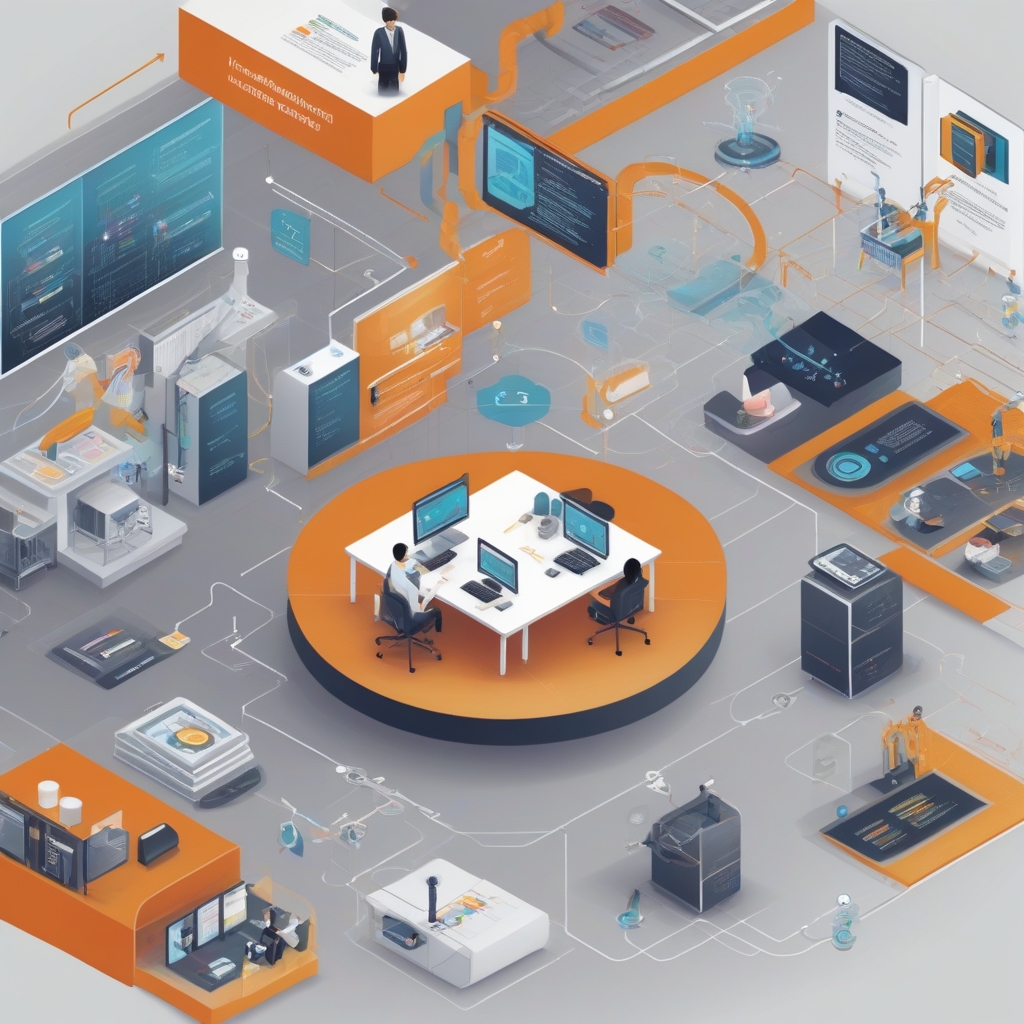Understanding Generative AI
Generative AI refers to cutting-edge artificial intelligence systems capable of creating content and solutions that mimic human intelligence. Unlike traditional AI models, which are deterministic and follow predefined algorithms, generative AI models are designed to learn patterns from input data and generate new outputs that can offer unprecedented value in operational processes. They can write, design, or strategize, all while learning from dynamic environments.
Why Generative AI Matters in OPEX
Operational Excellence (OPEX) is the pursuit of increased efficiency, effectiveness, and performance in all areas of an organization. As businesses continually seek ways to streamline operations and enhance productivity, generative AI emerges as a beacon of transformation. Here’s how generative AI integrates into OPEX:
- Enhanced Decision-Making: Generative AI analyzes vast amounts of data, providing actionable insights that empower C-suite executives and managers to make informed strategic decisions.
- Process Optimization: AI-driven systems identify bottlenecks, suggest improvements, and automate repetitive tasks, leading to reduced cycle times and elevated productivity.
- Cost Efficiency: Automating processes with generative AI reduces labor costs and operational expenses, improving overall financial performance.
Benefits of Generative AI in Operational Excellence
The integration of generative AI into OPEX environments presents myriad benefits, some of which are listed below:
Personalized Customer Experiences
Generative AI analyzes consumer behavior and preferences with precision, allowing businesses to craft personalized experiences that enhance customer satisfaction and loyalty. This tailoring of services fosters deeper customer relationships, leading to sustained business growth.
Speed and Agility
Incorporating generative AI accelerates processes, making businesses more agile and responsive to changing market demands and trends. The ability to swiftly adapt gives companies a competitive edge, enabling them to outpace industry rivals.
Innovation Catalyst
Generative AI fosters a culture of innovation by suggesting novel ideas and strategies that humans might overlook. It assists in research and development by simulating scenarios and outcomes, paving the way for revolutionary products and solutions.
Practical Applications of Generative AI in OPEX
Automated Content Creation
Generative AI excels in creating high-quality content, whether for marketing, training, or reporting. By automating content generation, businesses save time and resources while ensuring consistency and relevance in their communications.
Predictive Maintenance
In manufacturing or logistics, generative AI systems predict machine failures and schedule maintenance proactively. This reduces downtime and extends the lifespan of critical equipment, optimizing operational costs.
Strategic Planning and Risk Management
AI models simulate various business scenarios, identifying potential risks and providing mitigation strategies. This enhances the strategic planning process, equipping organizations to navigate uncertainties more effectively.
Integrating Generative AI in Your OPEX Strategy
Start Small, Scale Gradually
Adopting generative AI need not be overwhelming. Begin with small pilot projects to evaluate feasibility and ROI, and then scale up based on success metrics.
Collaborate Across Teams
For successful integration, it’s crucial to foster collaboration between AI specialists, IT professionals, and business operations teams. This synergy ensures that AI initiatives align with business objectives and operational realities.
Continuous Learning and Improvement
Generative AI thrives on data. Establish processes for continuous data collection and analysis to refine AI models, ensuring they evolve alongside business needs and technological advancements.
Challenges and Considerations
While the advantages are compelling, integrating generative AI into OPEX presents specific challenges:
- Data Security and Privacy: Ensuring the protection of sensitive data is paramount. Companies must implement robust security measures to safeguard against breaches.
- Skill Requirements: There is a need for skilled professionals who understand AI technology and business processes to bridge the gap between technical capabilities and operational needs.
- Change Management: Transitioning to AI-driven processes requires managing change at all organizational levels to ensure adoption and acceptance by all stakeholders.
Future Prospects of Generative AI in OPEX
As generative AI technology continues to evolve, its integration within OPEX environments promises to revolutionize how businesses function. The future will see more advanced interfaces, intelligent assistants, and seamless synergy between human talent and AI capabilities, driving unprecedented operational excellence.
In conclusion, embracing generative AI is not just about keeping up with the technological times; it’s about setting the standard for future operational processes. By leveraging these powerful tools, organizations can unlock new levels of efficiency, innovation, and strategic advantage, ensuring success in a rapidly changing business landscape.

Leave a Reply